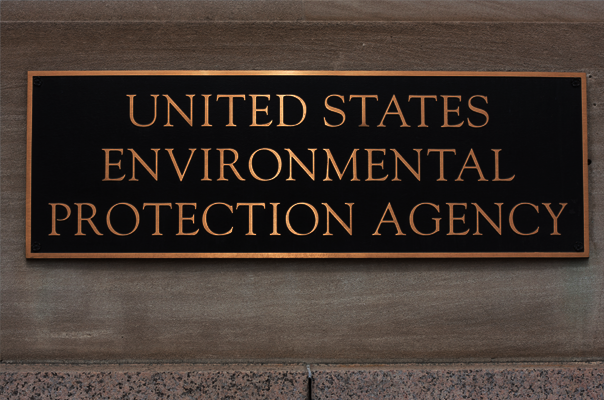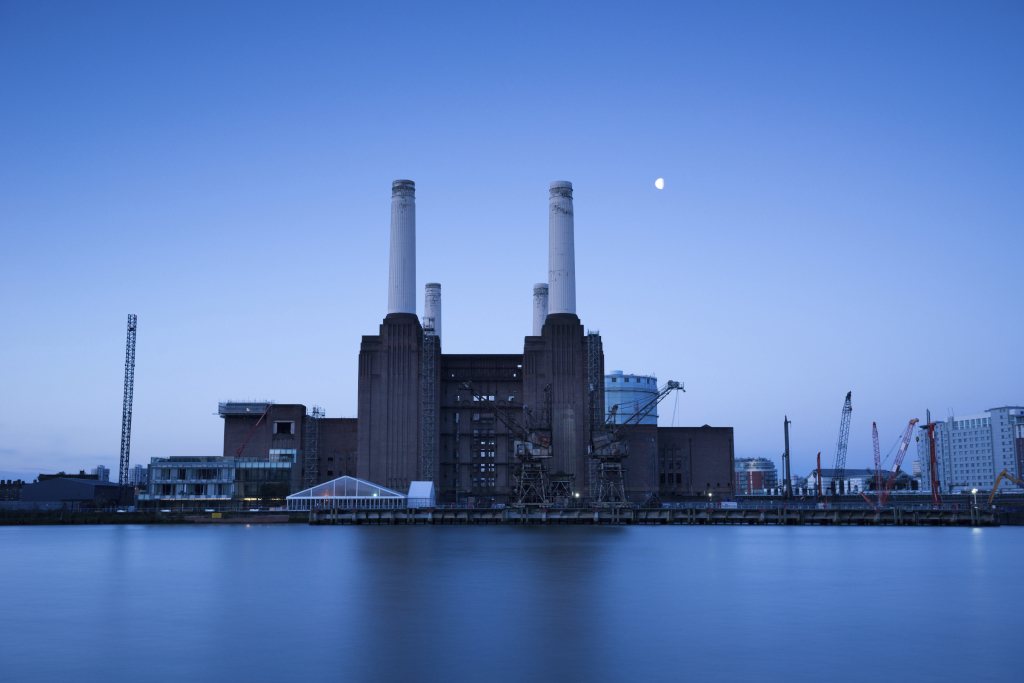McDermott’s Carbon Tax Bill Is Worst of All Possible Worlds
An August analysis from Capital Alpha explores Rep. Jim McDermott’s carbon tax bill introduced late in the summer. The proposal calls for an initial $25 per ton tax on carbon, which quickly escalates to a capped fine of $525 (!) per ton by the year 2024. The Capital Alpha report is fairly evenhanded and speaks mostly of political trends, rather than endorsing or criticizing the proposal. Yet in so doing, the report fails to point out the numerous ways in which the McDermott bill would be economically devastating.
The Capital Alpha analysts summarize the most obvious harm upfront when they write:
McDermott’s bill establishes a fixed carbon price that escalates rapidly from a minimum of $25 per metric ton…in 2015 to…$525 per ton in 2024. At this price, the carbon tax on a gallon of gasoline would be $5.20…the tax on average residential use of gas-fired electricity for one year would be $1131.90, the tax on heating a home with oil for one winter would be $3262.38, and revenues raised for the federal government in 2024…would be $2.4 trillion.
The man on the street can understand that the above figures are scandalous, but it’s interesting to note that standard economic models of climate change also indicate that McDermott’s proposal is a cure worse than the disease. Indeed, perhaps the world’s expert on the subject—and a strong supporter of a carbon tax—William Nordhaus has argued (as of the 2007 runs of his computer models) that the “optimal” carbon tax should be a mere $53/ton in the year 2025. A carbon tax of $525 represents an incredible overkill—even if we stipulate the “consensus” physical science and mainstream economic modeling of climate change. McDermott’s proposal would cause literally many trillions of dollars of damage to the economy, in excess of the environmental gains that the mainstream scientists discuss. (See Tables 3 and 4 in this paper discussing Nordhaus’ respected model.)
Yet it gets worse. McDermott and even the Capital Alpha analysts are touting the claim that because some of the new carbon tax’s revenue would be used to reduce the corporate income tax, that therefore it won’t “hurt the economy.” This claim is wrong for several reasons.
First, McDermott isn’t going to “recycle” all of the funds—he explicitly calls for 25% of the revenues to be used for “deficit reduction.” Think about what that means. The government is going to take in more money via a carbon tax, and some of it is going to be used to make the deficit smaller than it otherwise would be. Simply put, the government is going to spend 25% of the carbon tax on its various programs. It is a tax hike pure and simple, because the government has been spending more than it takes in through other taxes. Recall that by their own estimate, the Capital Alpha analysts think the government might take in some $2.4 trillion (using a static analysis which doesn’t account for the reduction in driving, home heating, etc. in response to the immense new tax). A quarter of that is $600 billion, just in the year 2024 alone. Even by McDermott’s own promises, that is a net tax increase. This will hardly promote economic growth or ease the burden on corporations.
Second, even of the remaining 75% of the funds, the McDermott plan doesn’t call for them all to be used to reduce other taxes. Instead, they would be sent directly to Americans in order to ease the burden of higher energy prices. Although this sounds equivalent to lowering taxes, it isn’t. The distortions caused by taxes on corporations and individuals go above and beyond the mere dollars extracted. By reducing the incentive to earn income in the first place, a punitive tax code discourages productive activity. By sending a lump-sum check to taxpayers, while keeping the marginal rates on other taxes the same, the supply-side boost to the economy is mitigated even further.
Finally, even if 100% of the carbon tax revenues were devoted dollar-for-dollar to reducing other taxes, the best economic analysis argues that there would be a net drag on the economy. Proponents could argue that the environmental benefits outweighed the loss in conventional economic growth, but McDermott and analysts of his proposal should stop claiming that it is a win-win for the environment and the economy. On the contrary, it is a clear lose for jobs, economic growth, and poorer households who suffer the brunt of higher energy prices.
In conclusion, Jim McDermott’s proposed carbon tax flies in the face of the standard results in the economics of climate change. Even supporters of a carbon tax—at least those familiar with the literature—would have a hard time justifying the incredibly aggressive tax rate in the bill. Technical issues aside, it would be very naïve to take the bill’s proponents seriously when they claim the funds will be used to reduce other taxes, or that the government won’t ramp up its spending because of the new money.




